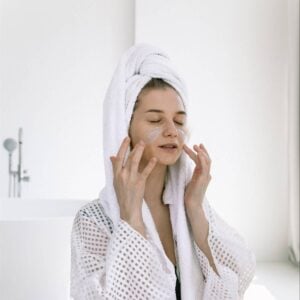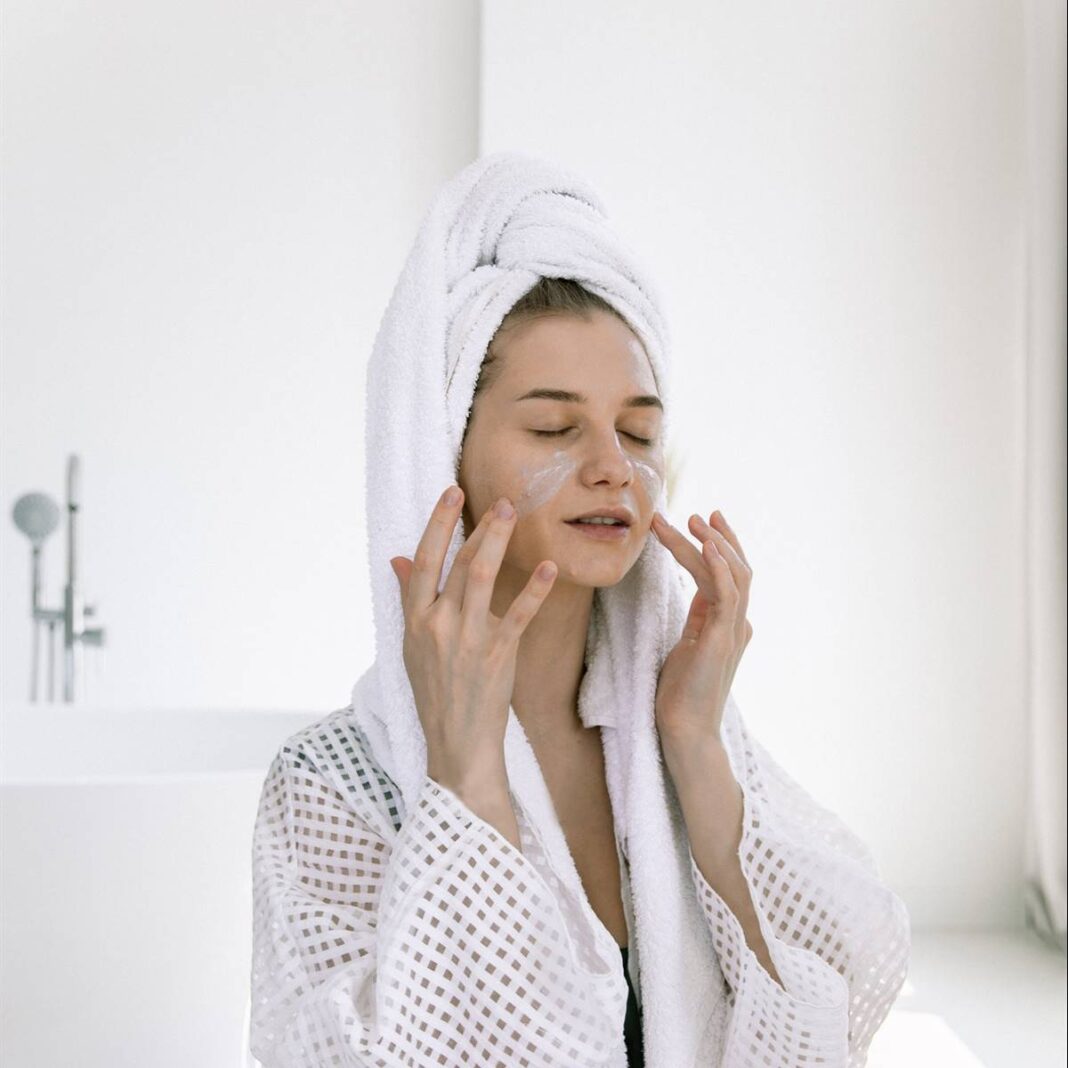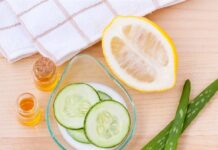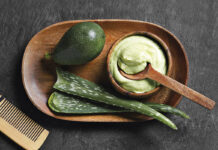The skin takes a good part of the water it needs from the inside of the body, but a daily facial moisturizer helps to retain it and provides an essential extra. We help you choose the best moisturizer for your skin.
The skin contains 70% water: that is why it is a vital and essential element to keep it luminous and flexible. Preventing water from being lost is the main function of moisturizers. However, choosing a good moisturizer is essential to keeping your skin in good health.
HOW CAN WE BRING WATER TO THE SKIN?
The water that is part of the skin comes from inside the body, from what is eaten and drunk. That is why it is so important, to maintain healthy and luminous skin, to eat a diet rich in foods that contain water, such as fruits, vegetables, juices and infusions.
13% of the water in the skin is found in the horny layer of the epidermis and evaporates easily; the rest is concentrated in the dermis and is well bound to collagen and elastin. Both layers participate in the metabolism of water in the skin.
Externally it is very difficult to add water because the skin is 90% waterproof. This is why moisturizers are effective in adding moisture to the skin.
HOW DO MOISTURIZERS PREVENT WRINKLES?
For the horny layer to remain well hydrated, there must be a balance between the diffusion of water and its evaporation on the surface.
Cold, heat, wind, pollution or the extreme dryness of the environment caused by heating causes the horny layer, in charge of retaining water, to weaken and lose functions.
Consequently, the skin becomes dehydrated and becomes rough, rigid, brittle and dull, which leads to a loss of elasticity and turgor, and the appearance of wrinkles.
The hydrolipidic layer on the surface of the skin and the natural hydration factors help the horny layer in its functions. They also prevent water from being lost and fix it by absorbing and storing that found in the environment.
Moisturizing creams form a protective barrier on the skin that prevents evaporation and hydrates with the help of moisturizing active ingredients.
Creams help prevent dehydration of the skin and that is why it is so important to include them in daily facial care.
Also, hyaluronic acid helps retain water. Hyaluronic acid is a viscous mucopolysaccharide that is present in the dermis and that allows water exchanges between the dermis, epidermis and blood. Alterations in its quantity or quality cause numerous conditions.
WHAT MOISTURIZER WORKS FOR EACH SKIN TYPE?
The difference in texture of a moisturizer usually depends on the amount of water it contains. Light, fluid emulsions that spread easily and do not leave a greasy feel contain 85-90% water. The dense and difficult to spread emulsions, more suitable for dry skin, have 70-80%.
It is advisable to avoid too dense creams that, although they form a protective barrier, do not penetrate the fabric well and remain on the surface, clogging the pores and accumulating dirt.
Any type of skin can suffer dehydration, which can be punctual and reversible if a suitable cream is applied every day in the morning with clean and dry skin.
- Normal skin can become dry in winter or after some medical treatment. You need a light cream that does not contain substances that clog the pores, such as mineral oils, silicones or petroleum jelly.
- In oily skin, dehydration can be more difficult to detect due to excess sebaceous secretion. Hormonal disorders and the use of inappropriate cosmetics that include alcohol or highly astringent substances can cause this dryness. Light, low-fat creams with moisturizing actives such as glycerin or aloe vera should be used.
- Dry skin with signs of skin aging need creams that hydrate and nourish at the same time. They are usually denser regenerating creams, with antioxidant-rich vegetable oils such as rosehip, argan, wheat germ or avocado oil.
- The sensitive skin more prone to redness, must employ creams without substances that may be irritating, as derivatives of petroleum, synthetic preservatives or perfumes chemicals. It is preferable to use natural agents such as chamomile oil, aloe vera, mallow extract or azulene.
WHAT INGREDIENTS ARE THE MOST NATURAL?
It should not be forgotten either that the skin is a living organ. According to Ayurveda, chemical substances do not possess the intelligence that allows the cells of living organisms to preserve balance and internal stability.
Choosing cosmetics made with plants is a way to take advantage of that intelligence of nature. The essential ingredients of a moisturizer are the base and the active ingredients; in natural cosmetics it is about:
- Vegetable oils. They are the base of the cream. For example, almond, avocado, grape seed or olive oil, or macerations of medicinal plants in these oils are used.
- Active ingredients can include:
- Moisturizers and softeners: aloe vera gel, vegetable glycerin.
- Plant extracts with different functions: emollient mallow, astringent nettle, epithelializing horsetail.
- Pure essential oils that penetrate the skin to fulfill their function: regenerate (ylang-ylang, rose), prevent wrinkles (frankincense, geranium) or calm (lavender, neroli). They also give aroma to the cream.










